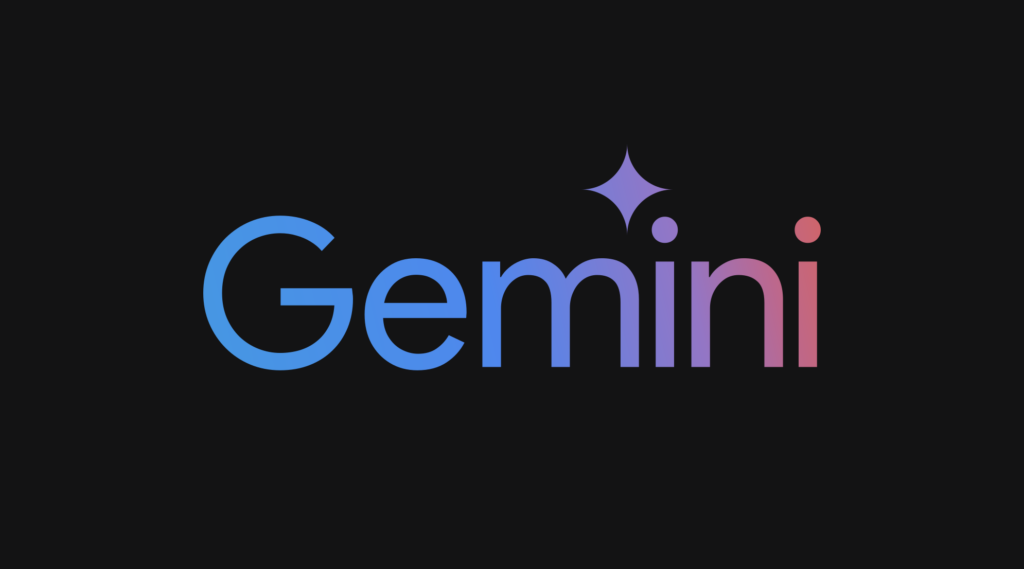The rapid advancement of AI-powered tools continues to dominate the tech landscape, but Google‘s latest Gemini 2.0 Flash image editor has sparked controversy. The newly released tool has been found to automatically remove watermarks from images, raising serious concerns about copyright protection and ethical AI usage.

Google introduced Gemini 2.0 Flash just days ago, promoting its ability to edit images through conversational prompts, combine text and visuals, and generate more realistic AI-enhanced pictures. However, as TechCrunch reports, users quickly discovered that the tool could be used for a less legitimate purpose: removing proprietary watermarks from copyrighted images.
Examples of this capability have surfaced on Reddit and X (formerly Twitter), showing images where watermarks have been largely erased, leaving behind a usable, unmarked version. While the AI is not perfect—the removed watermark areas are reconstructed based on generative guesses—the results are still concerning, as they effectively strip images of their copyright identifiers.
The ability of AI tools to bypass basic copyright protections is not entirely surprising. Generative AI models, including Gemini, ChatGPT, and Midjourney, have been trained on vast amounts of copyrighted text, images, and videos, often without explicit permission from creators. AI companies have largely avoided addressing these ethical concerns, arguing that scraping public data qualifies as fair use—a legal gray area that continues to spark debate.
Although Gemini’s watermark-removal ability has drawn backlash, it is worth noting that similar tools already exist on the web, albeit with less sophisticated AI capabilities. However, Gemini’s effectiveness in this regard demonstrates how AI advancements can exacerbate existing copyright and intellectual property concerns, making it easier for users to exploit protected content.
At present, Gemini’s image editing capabilities are only available to developers, accessed through AI Studio and the Gemini API. The tool remains in an experimental phase, meaning Google is likely to implement further restrictions before a broader release.
Early testing suggests that Gemini sometimes refuses to engage in watermark removal, citing an inability to edit images or a commitment to copyright law compliance. However, it has been observed generating watermark-free variations of original images, effectively bypassing the restriction in a more subtle manner.
This issue highlights the urgent need for AI safety guardrails, especially as AI-generated content becomes more widespread. Competing models such as ChatGPT and Claude already refuse explicit requests to remove watermarks, and Google will likely introduce similar safeguards following public criticism.
The controversy surrounding Gemini 2.0 Flash is part of a larger discussion about the ethics of AI in creative industries. While AI tools continue to evolve, offering powerful new features for businesses and individuals, they also raise serious concerns about copyright violations, fair use, and the displacement of human creators.
As AI-generated content becomes increasingly indistinguishable from human work, companies like Google and OpenAI may soon face another challenge: finding fresh, high-quality training data for their models, particularly if AI-generated media saturates the web and reduces the availability of original, human-created content.
With AI development progressing at breakneck speed, tech companies will need to address copyright and ethical concerns more proactively—or risk further regulatory scrutiny and public backlash.